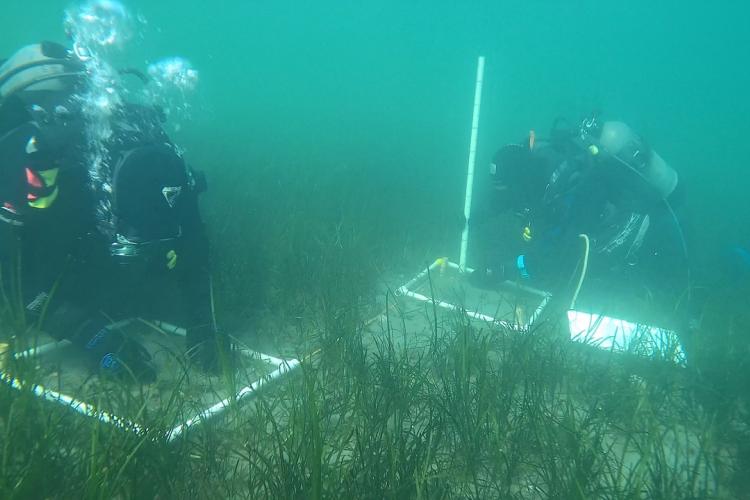We conduct innovative, integrative research about connected biophysical and human systems to inform the stewardship of fisheries, protected species, and ecosystems along the U.S. West Coast.
Major research areas include:
- Integrated Ecosystem Assessment of the California Current to understand variability and long-term change of biophysical, social, and economic conditions in the California Current.
- Field research activities assessing the potential impacts of risk factors on the endangered population of Southern Resident killer whales, Pacific salmon, seabirds, and groundfish, as well as long-term monitoring of eelgrass and kelp forest communities.
- Population and ecosystem modeling to provide insight into the dynamics of marine environments and species; support recovery of Southern Resident killer whales, Pacific salmon, and Puget Sound rockfishes; and, examine projections of future conditions such as those resulting from climate change impacts.
- Social, cultural, and economic aspects of fishery and resource management and conservation decisions.
Our program consists of three teams that integrate basic and applied science, meld social and biophysical scientific disciplines, and explicitly consider the links between populations and systems. We maintain an ability to respond to existing concerns while conducting innovative research that anticipates emerging issues such as climate change and potential tradeoffs between fisheries, marine conservation, and ocean-based human activities. Our efforts are primarily focused on the U.S. West Coast and Puget Sound regions, and rely on approaches that range from qualitative to highly quantitative.
Teams
Integrated Marine and Nearshore Ecology
We provide integrative, ecosystem-scale assessment and decision support, species- and habitat-focused studies in broad ecosystem contexts, and novel applications of emerging technologies, quantitative analyses, and modeling.
Marine Mammal Ecology
We conduct marine mammal ecological research focused primarily on endangered Southern Resident killer whales. Our research supports protected resources, sustainable fisheries, and ecosystem issues of interest.


